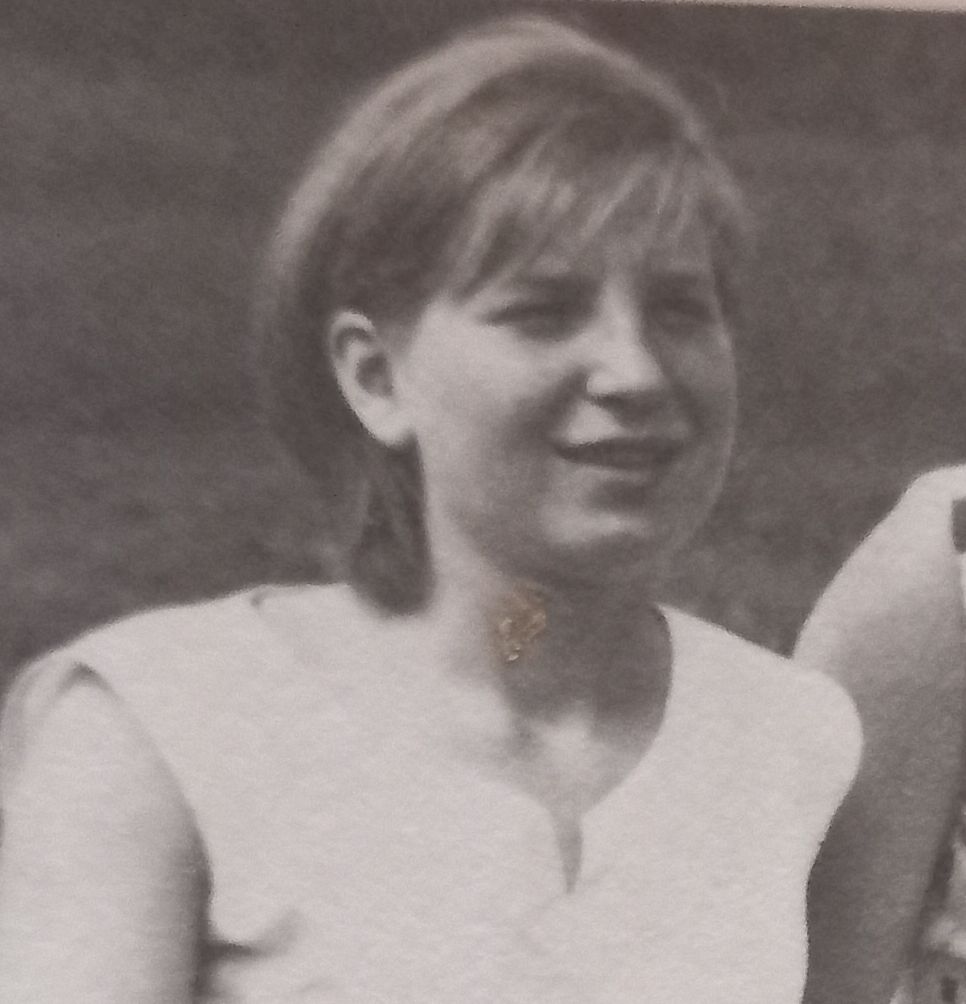They came from misery to misery

Download image
Kristina Kortišová, maiden name Gajdošová, was born on July 23, 1951 as the second of four children to Berta and Josef Gajdoš in the small, now defunct settlement of Provodice near Hořice in Šumava. Kristina Kortišová is a descendant of Romanian Slovaks who, after the Second World War, heard the calls of the Czechoslovak authorities to come and settle in the border area. Kristina Kortišová tells the story of the difficult beginnings of the re-migrant families in the borderland. They were often promised something different than what was waiting for them in the borderlands. The Gajdoš family moved frequently, from Provodice in 1957 to Boletice, which had been part of the military convoy since 1946, and after a few months the army moved the family from Boletice to nearby Polná in Šumava, where they lived for 13 years. It describes the coexistence of the civilian population with the CSLA soldiers in the area of the military retreat. From the age of 15, she worked in agriculture and later in manual occupations. In 1969 she married František Kortiš, also a descendant of Romanian Slovaks, and they had three children. She experienced the arrival of Warsaw Pact troops in Polná in Šumava. In 1970 they moved to Trhové Sviny, where her husband got an apartment. At the time of filming (2024), she lived with her husband in Trhové Sviny.







